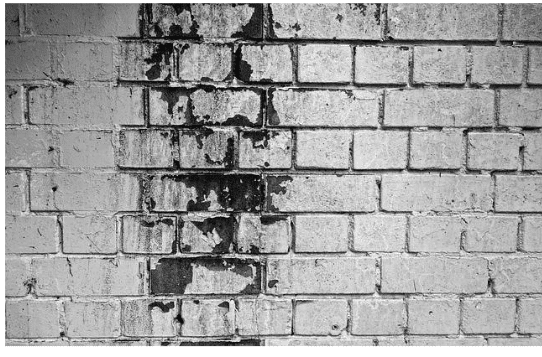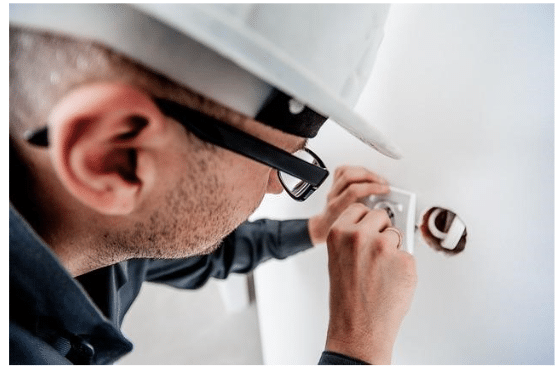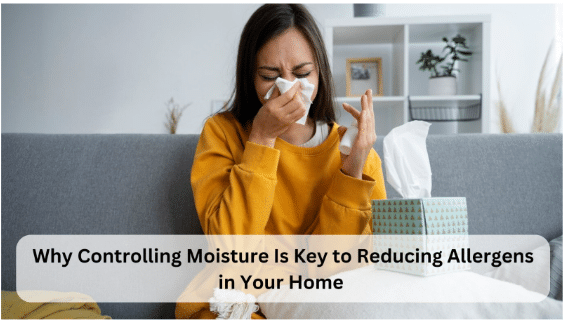Over 30% of adults and more than 27% of children in the United States have some form of allergy, according to a 2021 report by the Centers for Disease Control and Prevention (CDC).
Allergies typically result from immune system responses to foreign substances in the body. Symptoms can range from mild coughing episodes and a runny nose to persistent bouts of itching, irritation, and anaphylaxis.
Most allergies are due to prolonged exposure to airborne allergens, such as mold, pollen, dust mites, and animal dander.
While we may not eliminate allergens from the ambient air, we can take certain proactive measures to minimize their concentration and potential impact on our health. One such intervention is controlling the amount of moisture in our homes.
In this blog, we shall explore the relationship between moisture and allergens and how regulating indoor humidity levels might improve your overall health and wellness.
Relationship Between High Moisture Levels and Allergens

High humidity can create an excellent breeding ground for various allergens. Increased moisture concentration is mostly linked to the proliferation of mold, one of the most problematic allergens.
Molds require a significant amount of moisture to thrive. Coupled with the right temperature and pH levels, these fungi can quickly multiply in your home, increasing the risks of upper respiratory illnesses.
Tell-tale signs of mold presence in your home are slimy or discolored patches, which increase in size as the fungi grows. These patches are typically concentrated in the most humid rooms, commonly appearing on the walls, clothing, and even kitchenware.
Musty odors are another emblematic sign of mold proliferation in your home. Without prompt mold testing and remediation services, you may develop severe allergic reactions, including coughing, eye irritation, and a runny nose.
Fortunately, you can control mold growth in your home by contacting a trusted waterproofing Philadelphia Company. The waterproofing company will probe your property for signs of mold and other common household allergens, such as dust mites and animal dander, before prescribing an effective remediation mechanism.
Does Low Moisture Level Impact Allergen Activity Too?
Low humidity levels in your home cause mold and dust mites to dry out and flake into the air. This can improve indoor air quality and minimize the adverse effects of those allergens. However, very low humidity levels can dry out your throat and nasal passages equally, triggering or exacerbating irritation.
Nasal and throat irritation during low-humid conditions are mostly due to pollen and pet dander.
During hot and dry seasons, trees give off more pollen. But as the air is less saturated, there’s little moisture to weigh down the pollen released by trees (alongside pet fur and dander). These pollutants linger in the air much longer, increasing their contact with nasal passages.
According to the United States Environmental Protection Agency (EPA), the ideal indoor relative humidity (RH) should be between 30% and 50%.

Identifying the Causes of Excess Moisture in Your Home
Moisture in your home can result from several causes, including;
1. Condensation
Condensation occurs when warm, humid air makes contact with cooler surfaces in your home, forming water droplets. It’s particularly common in poorly-ventilated rooms, such as the basement.
2. Hydrostatic Pressure
Hydrostatic pressure is the pressure exerted by a fluid at rest, due to gravity. This is the force responsible for letting flood water seep into a basement through cracks or crevices on a property’s foundation or walls.
3. Leaky Plumbing Fixtures
Plumbing installations may develop leaks over time due to old age or substandard workmanship. When that happens, the leaks can seep through the walls and flood your house’s basement or the adjacent floors.
Revamping your basement drainage system can address moisture ingress from leaky pipes. However, it would be prudent to schedule a professional home inspection to determine the underlying cause of moisture in your basement before enlisting the necessary assistance.
4. Poor Soil Drainage
It could happen that the soil around your property’s foundation doesn’t slope away from the house properly, interfering with the existing drainage system.
In that case, underground water may accumulate and seep into your basement.

Tips for Controlling Moisture in Your Home
Using the combination of a humidifier and dehumidifier is the quickest way to regulate indoor humidity. A dehumidifier lowers high relative humidity while a humidifier raises ambient moisture levels in your home.
Other quick fixes for extreme humidity include turning off your home’s air conditioning (AC) systems, using exhaust fans to expel moist air from your home, and taking cool showers.
However, these are only short-term interventions designed for temporary spikes in humidity. In the case of persistent or recurrent moisture problems, you’ll need to get your house waterproofed.
Waterproofing helps prevent moisture ingress by installing a waterproof membrane along the intrusion areas. While various structural components may require waterproofing, the procedure is commonly recommended for a house’s foundation and basement.
Basement waterproofing is necessary if your property was constructed in areas with a high-water table, such as swamplands. It prevents groundwater from oversaturating your house’s foundation and possibly seeping into the basement.
As Philadelphia is one of the U.S.’ most flood-prone cities, it’s understandable why it loses millions of property damage annually. The surest way to cushion your Philadelphia property from damage caused by floodwater is to get its basement waterproofed.
There are various basement waterproofing methods to explore. Usually, a technician would begin by probing the nature and scope of your home’s moisture damage. Based on their comprehensive assessment, they’ll then recommend the most suitable solution.
Seeking Professional Intervention
High humidity corresponds with increased allergen concentration. Therefore, regulating moisture levels in your home can proactively minimize the health risks associated with allergens.
Now, it might be tempting to waterproof your home by yourself. But for the best results, it’s prudent to engage a company with professional experience and a proven track record of excellence.
Basement Waterproofing Scientists provide sustainable waterproofing services to residential and commercial property owners in the Philadelphia area. During our 30 years of experience, we’ve come to appreciate that every home is unique. As such, we tailor our waterproofing services to each property.
Whether your home’s moisture problem is due to plumbing faults or underground water seepage, we’ll promptly identify the issue and recommend the most appropriate solution. Contact us today to schedule an inspection, request a quote, or seek any moisture-related assistance.

Wrap Up
Controlling moisture in your basement is critical to reducing the number of allergens in your home. Regulating indoor humidity levels upsets the ideal conditions required for allergens to proliferate, consequently minimizing their potential adverse health impacts.
For long-lasting basement waterproofing results, insist on professional services from Basement Waterproofing Scientists.


